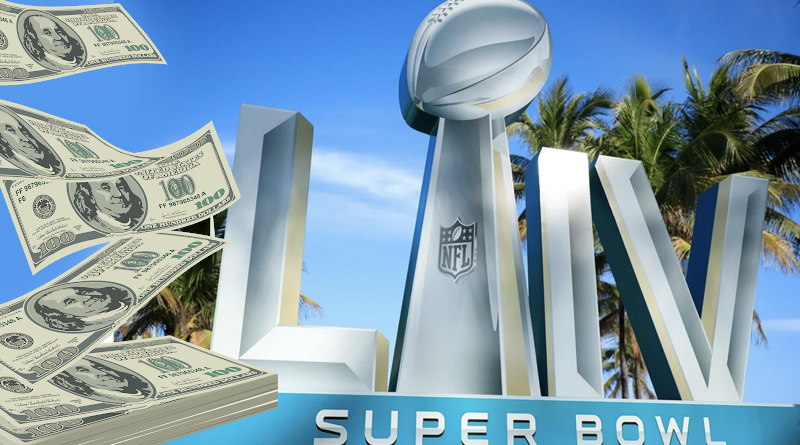Super Bowl LIV brought four to $500 million to the local economy
DORAL, FL – Two days after the euphoria Super Bowl LIV has brought worldwide, South Florida is not only talking about the halftime show or the victory of Kansas City Chiefs, but mainly of the economic impact this huge event has meant for South Florida.
“The direct economic impact is four to $500 million,” said Miami-Dade Mayor Carlos Gimenez, as reported by CBS Miami.
These numbers have been achieved thanks to the the economic input many sectors have brought throughout Super Bowl season.
According to CBS Miami, the Greater Miami Convention and Visitors Bureau says hotels were booked solid, while restaurants were packed all week as tens of thousands of tourists converged in Hard Rock Stadium, Miami Beach Convention Center and Bayfront Park for the different activities surrounding Super Bowl 54th.
“We couldn’t have done this without the public and private sector,” said Rodney Barreto of the Super Bowl Host Committee.
Despite this, some people argue the expenses incurred by local governments, which include paying for hotel rooms for both teams, NFL officials, a payout to the host team, and internal items such as increased security and overtime law enforcement, are greater than the economical benefits obtained.
But according to Travel Pulse, experts and city officials disagree with such view claiming the event was totally worth it. They even expect “to reap the general consensus of $400 million in economic activity from tourists.”
“Literally hundreds of millions of dollars worth of publicity for our community (…),” Barreto said to CBS Miami. “We thrive on tourism. That’s what generates all the jobs in this community. Not all but most of the jobs.”
Florida International University business instructor Nicolo Alaimo has a similar opinion. “I do believe that the Super Bowl does generate, does have an economic impact of that order when you look at it in the overall context. At this time of the year, Miami is gorgeous. If you’re up north freezing, you’re watching this, you’re going to want to be here (…)”
“What we’ve seen in previous cities for the last three years is north of $400 million,” said Barreto for Travel Pulse. “If you think about it, all the people come in your airport, and stay in your hotels, use Uber, Lyft and Airbnb, restaurants. It just keeps multiplying.”
This makes sense just by looking at the record the Miami International Airport has broken with Super Bowl LIV. Travel Pulse cites the airport was expecting an exodus on Monday of 80,000 people-a single-day record.
And the economic impact doesn’t come only from people attending the Super Bowl Sunday at Hard Rock Stadium, but also of those who were present in other related venues as well.
Tourism officials were expecting 200,000 fans joining all the parties and events during the week even if they couldn’t get inside the 65,000-seat Hard Rock Stadium.
Media coverage was also a great incentive for the host city. According to reports, 99 million people watched Sunday’s game and the day-long live pregame shows that “served as a virtual love-letter to Miami.”
“It’s priceless media coverage,” William Talbert, president of the Greater Miami Convention and Visitors Bureau, told the Miami Herald. “It’s at least a week of 24/7 Miami. The pre-show was a Miami infomercial.”
For all this, the city is already talking about a 12th big game happening here and even making Hard Rock Stadium, Super Bowl Central.
“I don’t believe this is gonna be the last. It will be here every five or six years,” said Miami-Dade Mayor.

